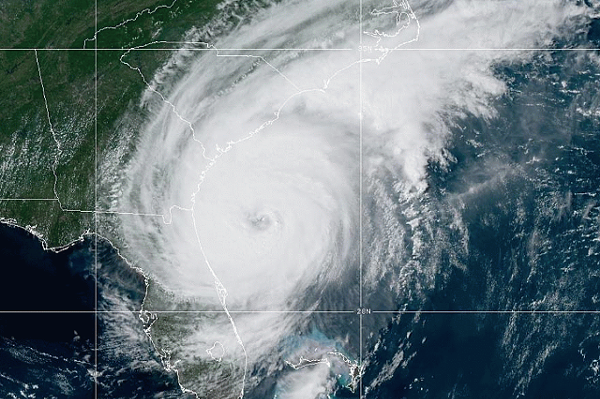Many scientists say Hurricane Dorian lashing the East Coast and the massive fires still raging in the Amazon rainforest are stark reminders about the changing climate, but a new poll from Quinnipiac University shows party affiliation plays a large role in whether Americans think climate change is an urgent crisis.
Polling analyst Mary Snow with Quinnipiac University says 56% of registered voters nationwide believe climate change is an emergency, and 67% think the U.S. should be doing more to address the issue.
"Not everyone, though, is feeling the sense of urgency," Snow states. "Democrats: 84% say it's an emergency, independents 63%, but 81% of Republicans say it's not an emergency."
Snow says almost three-quarters of young people ages 18 to 34 told pollsters they believe climate change is an emergency.
While the Trump administration has rolled back regulations aimed at curbing global warming, five Democratic Party presidential candidates announced plans this week to spend trillions of dollars to fight climate change.
The poll also asked Americans about gun laws and mass shootings.Snow says almost three-quarters of U.S. voters think Congress should do more to reduce gun violence, including 93% of Democrats, three-quarters of independents and 50% of Republicans.
"In terms of how people feel about gun laws, 60% say they support stricter gun laws," Snow states. "Sixty percent, the exact same number, say they support a ban on assault weapons."
Race relations was also a topic of the poll, with results showing that a majority of voters believe the level of hatred and prejudice in the United States has increased since the 2016 election.Poll respondents said Muslims, Hispanics and Latinos experience the most prejudice, followed by African-Americans.


